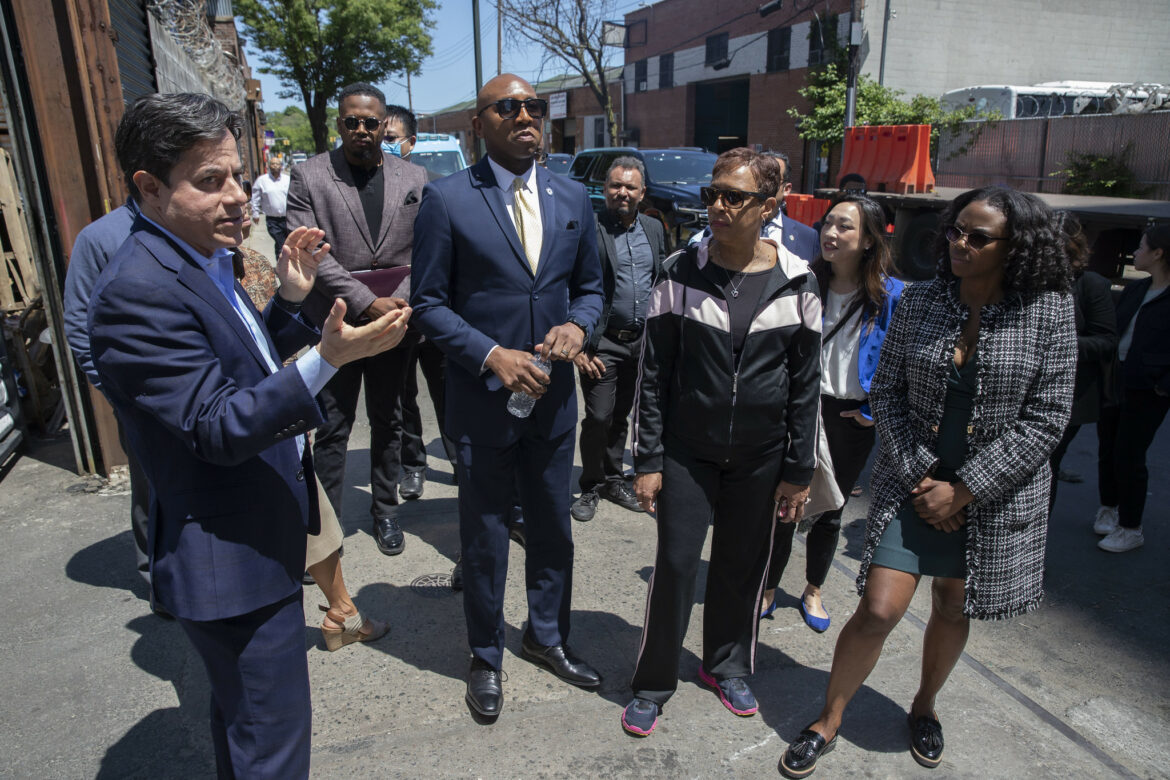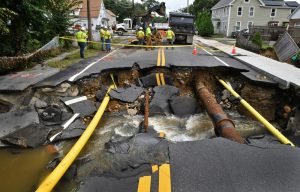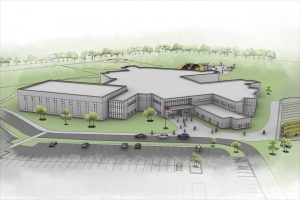
City Unveils ‘Draft Framework’ for Rezoning Jamaica, Queens
The framework proposes to “increase density and allow housing in appropriate, key areas,” as part of a plan to rezone approximately 300 blocks of the neighborhood.
John McCarten/NYC Council Media Unit
Dept. of City Planning Director Dan Garodnick with Queens elected officials on a walking tour the proposed rezoning area in May 2023.
The city is moving forward on plans to rezone a swath of Jamaica, Queens—what officials say aims to boost both housing and economic opportunities around the area’s many public transit hubs.
The Department of City Planning (DCP) on Monday unveiled the “Draft Zoning Framework” for the Jamaica Neighborhood Plan—crafted after six months of community workshops and a public survey, and a precursor to a more formal rezoning proposal expected later this year.
The 300-block study area encompasses the Jamaica Rail Hub and surrounding downtown, CUNY’s York College campus, the Hollis LIRR station and several branching-off “transit corridors,” including Hillside and Jamaica avenues and Sutphin, Guy R. Brewer and Merrick boulevards.
The framework proposes to “increase density and allow housing in appropriate, key areas,” according to a DCP presentation, including through the city’s Mandatory Inclusionary Housing program, which requires new housing in rezoned areas include a portion of income-restricted homes. It would retain several hubs for industrial uses, and prioritize others for “mixed use” development.
Department of City Planning
A map of the study area being eyed for rezoning.
The area is represented by City Councilmember Nantasha Williams, whose district has seen 3,400 new units of city-financed affordable housing since 2014, according to DCP (a tracker published by the New York Housing Conference ranks it 13th out of the city’s 51 Council districts when it comes to affordable development).
Just more than half of homes in Jamaica are occupied by renters, 59 percent of whom are rent burdened, meaning they spend at least a third or more of their income on housing, according to DCP. The district has a higher home ownership rate than both the borough of Queens and the city as whole, though more than half of its homeowners are considered “mortgage burdened.”
In a statement accompanying the release of the draft framework, Williams—who as the local rep will play a key role during public review of the plan, and the Council’s ultimate vote on it—stressed the importance of ensuring “stakeholders feel their voice is being heard in every step of this process.”
“This zoning framework allows DCP to begin the environmental review process into how much our community can grow in the future and what the needs will be,” Williams said.
The proposal is one of several neighborhood rezonings being pursued by the Adams administration, alongside plans to boost development around new Metro-North stations in the Bronx and in Central Brooklyn.
It comes as the city grapples with an extreme housing shortage: the most recent survey of the city’s inventory released last week found that just 1.41 percent of rental units were vacant last year, the lowest availability since 1968.
City Planning expects to release a more formal zoning proposal for Jamaica—to include specific zoning districts and projections for how many new units of housing it aims to create—in the next couple of months, according to a spokesperson.
The months-long public review process, known as ULURP, will likely begin at the end of the year, the spokesperson added.
To reach the reporter behind this story, contact Jeanmarie@citylimits.org.
The post City Unveils ‘Draft Framework’ for Rezoning Jamaica, Queens appeared first on City Limits.


